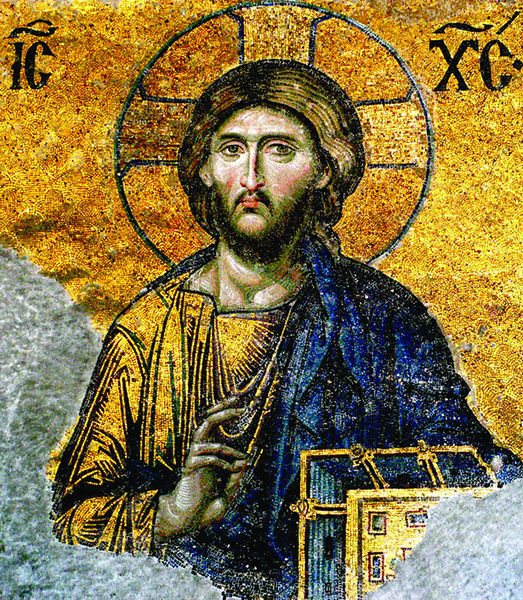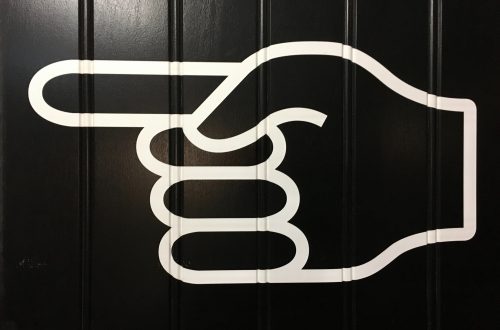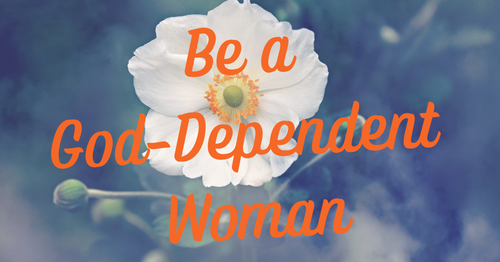
The Most Woman-Friendly Book in the Hebrew Bible
Several weeks ago, someone asked why we don’t see more women in the Bible. My exploration of the answer launched me on a multi-part series which just happens to coincide nicely with Women’s History Month. You can find the first two posts here and here.
Today I want to continue looking at how we miss some of the women in or behind the text—contributing to it—when they’re actually present.
My friend and colleague, seminary professor Dr. Ronald B. Allen, teaches through the Bible’s Poetical books. And he loves to help students see and celebrate the emphasis on women in the Book of Proverbs.
He notes, “Because the addressee of wisdom in Proverbs 1–7 is ‘my son,’ many have concluded that biblical wisdom is a no-woman land.”
Yet, Dr. Allen argues, the reason is quite the reverse of what one might think: “In Proverbs 1–9, the abstraction wisdom is personified as a woman—Lady Wisdom (in Hebrew, often the intensive form for the term ‘wisdom’). Because ‘She Who Is Truly Wise’ is to be the desire for the young man, he is the one addressed. Moreover, another competing woman lurks out there, Madam Folly.” Dr. Allen directs readers to see the delicious (pun intended) contrast of feasts in Proverbs 9.
“Not only this,” he says. But “in the Song in Proverbs 8, Lady Wisdom is a foreshadowing (via Heilsgeshichte) of the person of Christ.”
Ever heard of the ancient church of Hagia Sophia in Istanbul? “Hagia Sophia” means “Holy Wisdom,” the title being a reference to Christ. Indeed, ‘Holy Wisdom’ has been a title for Christ from the earliest times. (The icon of Christ above is in Hagia Sophia.)
Dr. Allen goes on to argue that “the epitome of wisdom in a person’s life is portrayed in the book of Proverbs, not as a man, but as a woman!” This, he says, shocks many modern readers. “The exquisite acrostic of wisdom in life is in the ‘Woman of Power’” (‘eshet hayil; Proverbs 31).
“A woman may be wise or foolish (14:1), just like a man,” Dr. Allen observes. “And a mother is the co-teacher of Yahweh’s torah (1:8), along with her husband.”
We see wisdom personified as a female in the first and last chapters of the Book of Proverbs, bookending the concept, if you will. Because the non-Jewish king Lemuel recorded the words of his mother, we find how she describes the ideal woman of valor (31:1–9). She didn’t write the text, but we might say her son took dictation.
And all of this is why Dr. Allen concludes that Proverbs is the most “woman-friendly book” in the Hebrew Bible.




